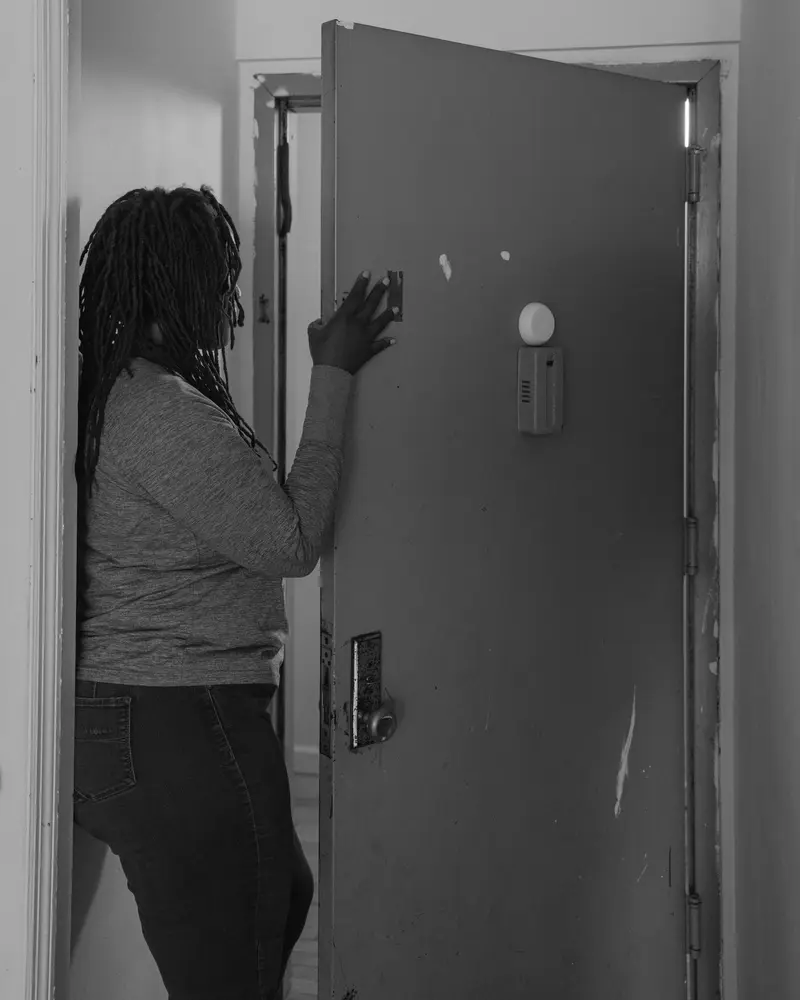Starting this September, child protective services agents across Texas will be required to read parents their constitutional rights, the same way that police do for criminal suspects. Under a new law enacted by the state Legislature, caseworkers there will be informing parents under investigation that they have the right to remain silent, to have a lawyer present and to decline searches of their home or of their children without a court order.
The legislation will in many cases benefit Black, Hispanic and low-income families who often have their lives and homes upended by CPS officers. It was signed by Gov. Greg Abbott, a conservative Republican who previously has been criticized for pushing policies detrimental to those groups.
Meanwhile in New York state, an almost identical bill was blocked by state Senate majority leader Andrea Stewart-Cousins, a liberal Democrat. She prevented the measure, which had dozens of co-sponsors and a groundswell of grassroots support, from even getting a vote — showing how child welfare issues often defy typical partisan binaries.
Stewart-Cousins’ office declined ProPublica’s requests for comment about her reasoning.
The legislation was not advanced by leadership on the Assembly side either, though it did pass unanimously out of committee there.
Earlier this year, Stewart-Cousins and other top lawmakers in Albany received proposed changes to the bill from New York City’s Administration for Children’s Services, which is under the control of Mayor Eric Adams. The agency suggested removing the word “rights” from the bill text and watering down the list of rights that its caseworkers would have had to read to families.
The legislative efforts in both states came in the wake of a ProPublica investigation finding that child welfare workers — overwhelmingly without warrants — inspect the homes of roughly 3.5 million children nationally every year. Despite the Fourth Amendment’s protection against unreasonable searches and seizures, these government officers ransack families’ refrigerators and medicine cabinets and inspect kids’ bodies without informed consent.
They do so even if the allegation of potential child neglect that they are investigating, such as a kid missing too many days of school, has nothing to do with the condition of the home. They also sometimes use manipulative tactics, including threatening child removal or calling the police, to get inside residences, according to dozens of interviews with caseworkers, families and attorneys.
Nationwide, the searches ultimately reveal child abuse less than 5% of the time, federal data show.
The new Texas law has gotten little attention but will have a major impact on vulnerable families around the state, said Andrew Brown, associate vice president of policy at the right-leaning Texas Public Policy Foundation.
“In child welfare it’s not this clean Democratic or Republican issue,” he said, adding that the idea of reading parents their rights gained more bipartisan support as a result of not being a topic on the campaign trail.
The New York bill will be reintroduced again next year, said its lead sponsor in the state Senate, Jabari Brisport.
But the result may hinge on whether the idea finally garners support from the state’s top Democrats, including Stewart-Cousins.
“I think she should be voted out, because she doesn’t understand the basic bottom line of being a lawmaker,” said Joyce McMillan, a community organizer and leading family advocate in New York City. “Protect the constitutional rights of everyone — at minimum.”












